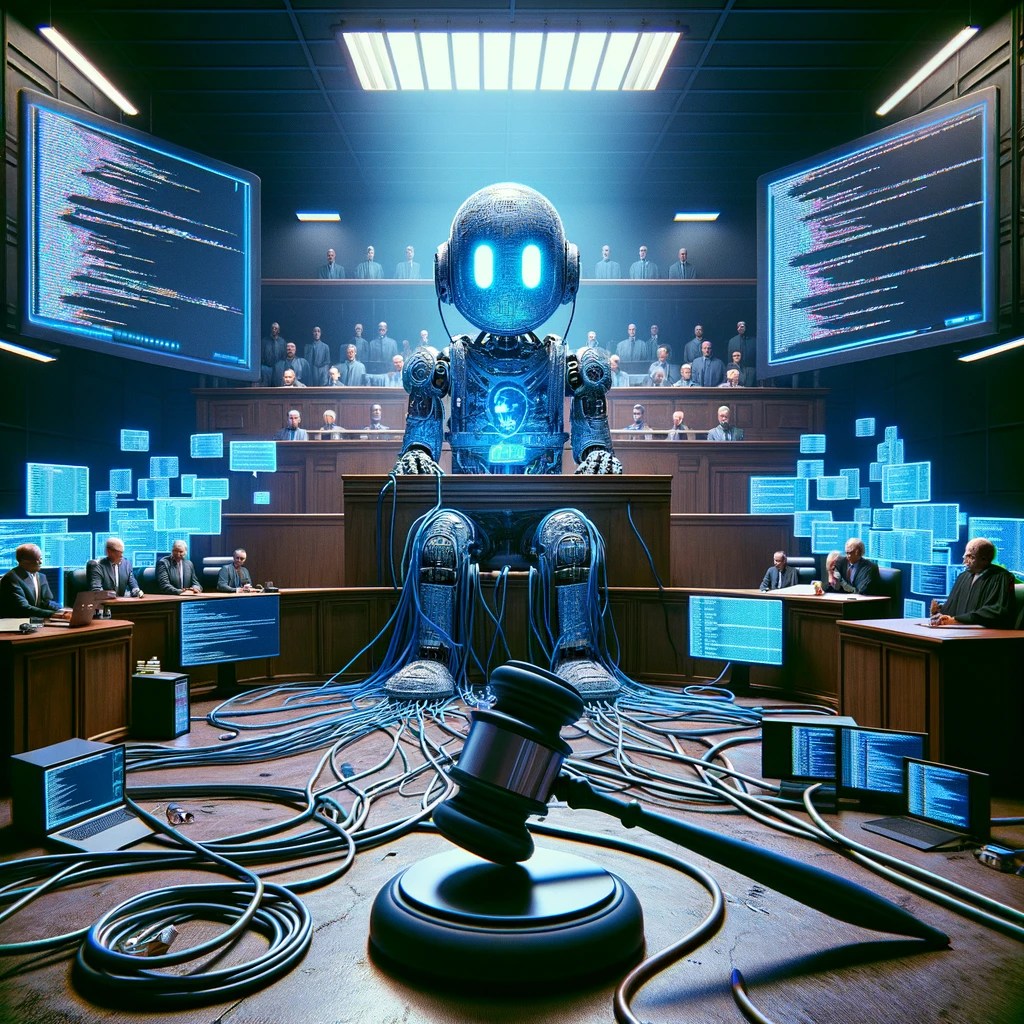In recent years,artificial intelligence has made great strides in the field of text generation. One of the most famous models is ChatGPT, developed by OpenAI. However, an interesting piece of news has recently emerged involving OpenAI and the New York Times. The New York Times reportedly “hacked” ChatGPT to create a copyright infringement lawsuit.
OpenAI’s involvement
OpenAI is an artificial intelligence research organization with a mission to promote and develop artificial intelligence technologies in a safe and responsible manner. One of their best-known projects is ChatGPT, a text generation model that can answer questions, provide information, and simulate a human conversation.
The New York Times and alleged copyright infringement
The New York Times reports that the newspaper used ChatGPT to generate articles that could constitute copyright infringement. The New York Times claims to have “hacked” the model to obtain specific results that would support their lawsuit.
The implications of the controversy
The controversy raised by the New York Times has several important implications in the field ofartificial intelligence and text generation. First, it raises the question of ethics in the use of text generation models. If a model such as ChatGPT can be “hacked” to produce specific results, what other potential copyright violations or manipulations might arise?
OpenAI’s response
OpenAI responded to the controversy by stating that the use of ChatGPT for illegal or unethical purposes is not authorized. The organization stressed the importance of using artificial intelligence responsibly and said it is working to improve control and oversight mechanisms for models such as ChatGPT.
The challenge for OpenAI
This controversy represents a challenge for OpenAI and the entire artificial intelligence community. It is clear that further efforts are needed to develop more effective control and supervision mechanisms for text generation models. This case highlights the importance of considering the ethical and legal implications of using advanced artificial intelligence such as ChatGPT.

